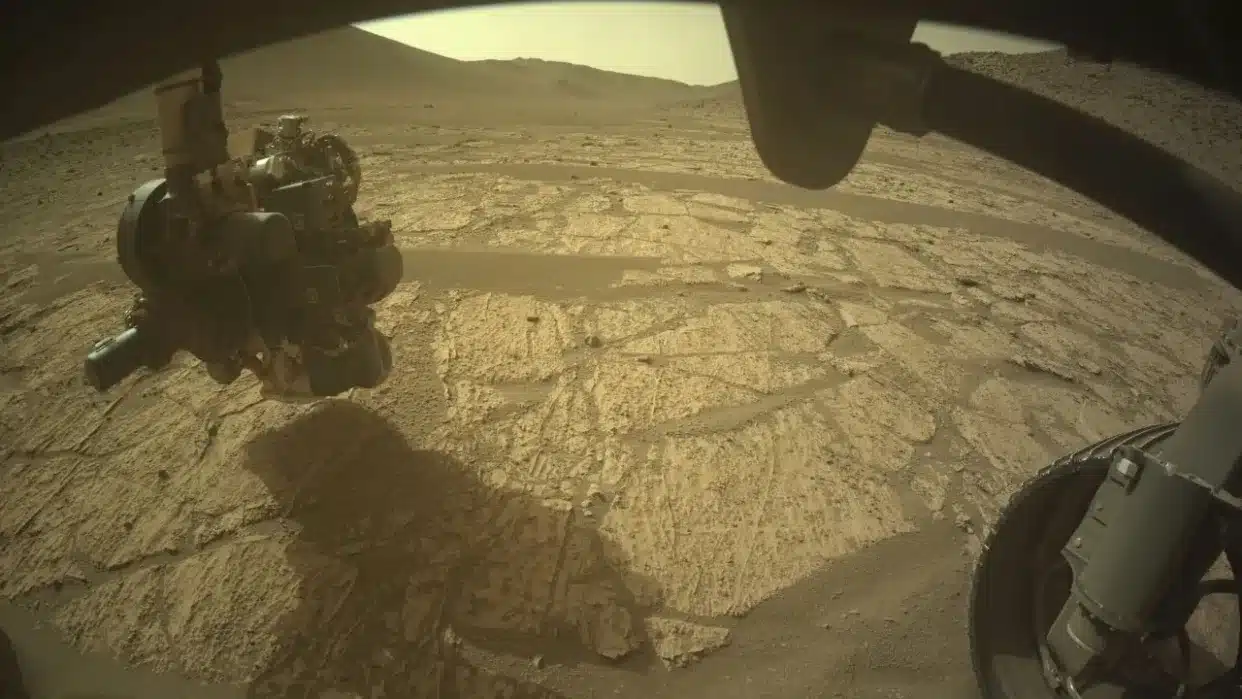NASA’s Perseverance rover successfully arrived at a remarkable rock formation on Mars known as “Bright Angel” after navigating through a challenging terrain of sand dunes and the remnants of an ancient river. This week, Perseverance has commenced its scientific exploration of this unique location by conducting X-ray scans and imaging of the Martian soil. The collected data will be analyzed by scientists in the coming months. The name “Bright Angel” was given to this rock outcropping due to its strikingly light color, which stood out against the surrounding Martian landscape and captured the attention of the scientific community.
Situated along the perimeter of Neretva Vallis, a desiccated riverbed leading into Perseverance’s Jezero Crater landing site, the location of the patch indicated that Bright Angel could potentially contain intriguing information about Mars’ more humid history. As Perseverance neared Bright Angel, the rover’s team of operators and mission scientists on Earth were able to examine the area up close for the first time. Some researchers speculate that the rocks found in Bright Angel may be remnants of ancient materials that were uncovered through the erosion caused by water that has long since disappeared.
